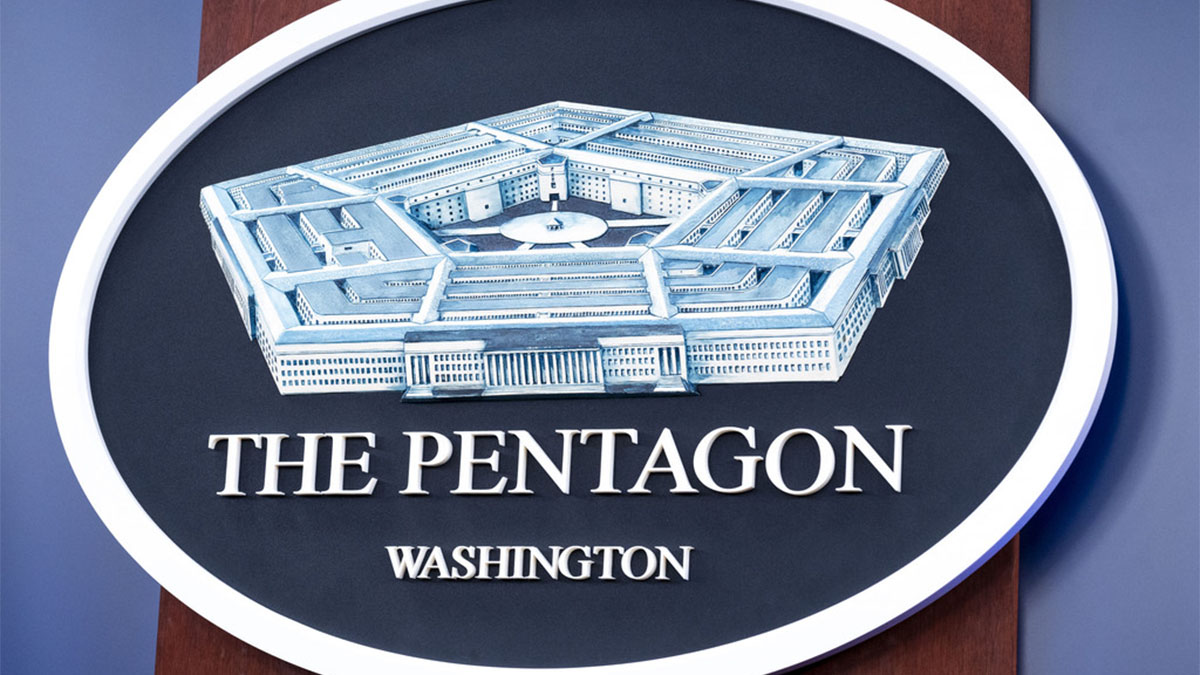The National Defence Authorisation Act (NDAA) for fiscal year 2025, passed by the US House of Representatives on Wednesday, is drawing attention for its wide-reaching measures aimed at countering China. One of the key provisions bans the Pentagon from using Chinese-made Lidar technology and restricts the sale of Chinese garlic in military stores. These actions are part of a broader US strategy to reduce China’s influence in both important and everyday areas. This approach shows how modern geopolitical competition involves not just technology, but even agriculture.
One of the key points in the defence budget is a change designed to reduce the influence of lobbying firms connected to Chinese military interests. This action reflects the increasing concern, shared by both political parties, about national security, especially in relation to the connections between lobbying groups and Chinese military companies.
Lidar: A critical node in US-China technological rivalry
Lidar (light detection and ranging) technology is key to industries like self-driving cars, robotics and advanced military systems. The NDAA bans the use of Lidar systems made in China or using Chinese software due to national security concerns. According to the Foundation for the Defence of Democracies (FDD), Chinese-made Lidar systems are important parts of US infrastructure, from public safety networks to transportation systems. According to a South China Morning Post report, while these systems offer technological benefits, they also make US networks vulnerable to spying and attacks from China.
This ban is part of a larger push to reduce reliance on China for critical supplies. China has heavily invested in Lidar as part of its broader tech goals and the NDAA’s focus on Lidar is meant to limit China’s ability to use its technology for both economic power and military purposes.
Impact Shorts
More ShortsRole of dual-use technologies
Lidar shows how modern technology can be used for both civilian and military purposes. While it’s used for things like mapping, city planning and self-driving cars, Lidar also has important military uses. It can help with accurate targeting, understanding the situation on the battlefield and gathering information, making it a valuable tool.
China’s use of both civilian and military technology adds to US worries. By banning Chinese-made Lidar, the NDAA aims to stop the use of technology that could be used to steal data or carry out cyberattacks.
Garlic: A signal in economic rivalry
At first, banning Chinese garlic from military stores might seem unimportant compared to the restrictions on Lidar. But this decision highlights another aspect of the US-China rivalry: agricultural safety and economic control. Chinese garlic is cheap and widely available because of government subsidies and large-scale farming. This has raised concerns that it’s unfairly hurting American garlic producers.
Food safety is also a major concern. Chinese agricultural products have been criticised for using harmful pesticides and having weak regulations. By banning Chinese garlic in military settings, the US is sending a message about focusing on local farming and reducing reliance on foreign products, even in less critical areas.
Rising concerns over Chinese influence
As tensions rise, US lawmakers are becoming more concerned about lobbying firms that work with Chinese military companies. There have been calls for more transparency with ideas that these firms should reveal any connections to Chinese groups to avoid conflicts of interest. There is strong support from both political parties for new laws to limit lobbying linked to foreign enemies. Some proposals even suggest banning firms that represent countries seen as threats, which could change how lobbying works in Washington. The US defence budget is quickly changing due to growing concerns about national security risks from foreign lobbying, especially related to Chinese military interests.
Broader implications
The inclusion of both Lidar and garlic in the NDAA shows the many sides of the US-China rivalry. While Lidar is about advanced technology and competition in high-tech fields, garlic represents the US’s focus on economic and agricultural strength. Together, they reflect a broad strategy to reduce China’s influence in different areas.
As the US works to strengthen its defences against threats from China, the impact of these decisions will go beyond just the military and affect other areas of competition.


)

)
)
)
)
)
)
)
)



